The term “fiber” covers a very broad range of natural and man-made materials. Once again, only the most common fibers used in sealing devices are reviewed in this course; they are listed alphabetically by generic name.
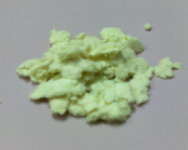
Aramid
- Man-made organic fiber
- Introduced by DuPont under the trade name KEVLAR® in the early 1970s
- Good wear resistance
- Good thermal and electrical insulation properties
- Very high tensile strength, high modulus, and low density
- Starts degrading between 500°F (260°C) and 600 °F (315°C) with very little aramid left at 800°F (425°C)
- Attacked by concentrated hot acids or caustics
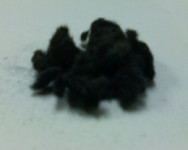
Carbon
- Rod-like fibers of various diameters and lengths
- Produced by pyrolysis (heat treatment process) to various levels of carbon content materials (I.E. rayon, acrylonitriles, pitch, etc.)
- Good heat and chemical resistance
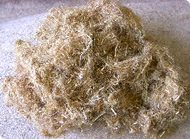
Cellulose
- Natural fibers; most common: cotton and so-called “vegetable” fibers
- Readily available in huge quantities; low price
- Moderate chemical and general fluid resistance
- Not generally recommended for use over 250°F (121°C)
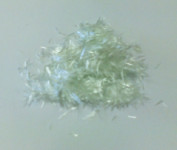
Fiberglass
- Excellent heat resistance and incombustible
- Begins to degrade at approximately 750°F (399°C)
- Does not absorb moisture; will not rot or decay
- Resistant to acids, oils, many solvents, weather, and corrosive vapors
- Electrical insulator
- Used in combination with aramid fiber to reinforce Garlock expansion joints
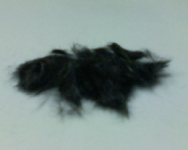
Graphite
- Rod-like fibers of various diameters and lengths
- Produced by special heat treatment of carbon fibers at approximately 5072°F (2800°C)
- Excellent heat and chemical resistance
- Versatile; popularity in the gasketing industry continues to grow
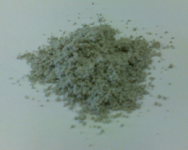
Mineral/Rock
- Fibers are amorphous and highly homogenous because of their metamorphosis from volcanic rock
- Do not burn; chemically inert
- Resistant to high temperatures; above 930°F (500°C)
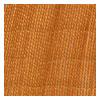
NYLON®
Tire Cord (expansion joints)
- Man-made polyamide with high tensile strength and good ultimate elongation properties
- Good resistance to common solvents, fuels, oils, and greases
- Attacked by strong alkalines (caustics) and acids, oxidizing agents, phenol, and formic acid
- Temperature limit: 250°F (121°C)
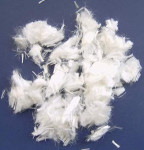
Polyester
- High quality, synthetic material
- In spun form, polyester has a very high density and thread count, making it resistant to permeation
- Polyester cloth is considered the standard reinforcement material in Garlock expansion joints

